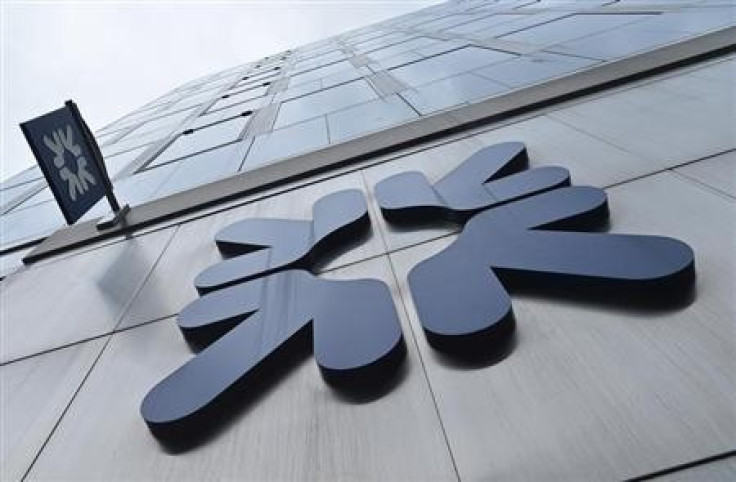RBS Pay and Bonuses: Why the UK Government Needs to Stop Meddling

Prime Minister David Cameron may have bowed down to pressure from the opposition to veto any plans the Royal Bank of Scotland may have on increasing pay and bonuses, but in the long term Whitehall's meddling will only hurt the bank's chances of a successful return to privatisation.
As a member of the public, it is a hard pill to swallow that RBS, which received a taxpayer funded £45bn (€54bn, $74bn) bailout in 2008, pays bonuses at all, let alone potentially asking for a hike to mitigate stringent European Union caps.
Despite the embattled lender being fined for Libor fixing, undergoing a major change in management, significant IT problems and fighting against independent and governmental allegations that it has effectively screwed over its small to medium enterprise (SME) customers across Britain for years – its bonus pool reached £600m in 2013.
Considering there is a 'cost of living crisis' in the UK for millions of ordinary workers, hearing that the average annual pay per head at the markets business stands at £108,000, and needs to be topped up at all with extra rewards, is rather depressing.
Payouts of more than a million pounds each went to 93 employees, the data shows.
Meanwhile, reports say that a handful of executives at RBS could see their monthly wage almost double to compensate for the new EU bonus rules.
Job well done?
Well, RBS made a pretax loss of £634m in the third quarter, although this is seen as major 'improvement' after that was down from a £1.4bn loss a year ago.
But knee jerk reactions from the government, following public and Labour party pressure, may put out the fire in one room but not necessarily for the whole house.
Cameron told parliament that the government would veto "any proposals to increase the overall pay, [by which we mean] the pay and bonus bill at RBS, at the investment bank".
Without going into the argument over general curbs in banker bonuses, which come with a whole set of new problems in itself, the RBS situation is a different kettle of fish.
RBS is in the difficult situation of being 81% owned by the taxpayer but is now moving towards a return to privatisation.
At the same time, it is sorting through seemingly endless rounds of legacy issues, which has led management to chastise themselves and pare back business, while also expecting to make a profit and retain or hire talent that will turn its ailing business around.
UK Chancellor George Osborne has already unveiled the disappointing news that it is unlikely that RBS will return to privatisation before the next general election in 2015.
But quite frankly, who would want to touch RBS shares right now, if the government can just step in and veto any decision at any given moment?
Every bank in Britain has not been left unscathed by legacy issues or scandals since the onset of the credit crisis and this includes RBS's partly government-owned counterpart Lloyds Banking Group.
While RBS is nowhere near as close to Lloyds in the race to privatisation, the government should learn from its own methods in handling Lloyds's case.
Lloyds is set to become fully privatised within a year or so as the government has already sought to reduce its stake in the lender to 32.7% by selling off some of its shares for 75p each, above the 73.6p paid during the 2008 bailout, to large investors.
"We want to get the best value for the taxpayer, maximise support for the economy and restore them to private ownership," said a statement from the Treasury.
"The government will only conclude a sale if these objectives are met."
While the government intervened with structural changes, it has not meddled as much in Lloyds' pay polices as much as it has done for RBS, nor has it told senior staff or others on how to manage operations.
As an investor, the thought of unpredictable governmental interventions is off-putting.
So if the government really does want to make RBS a viable option for investors to part with their cash, while returning money back to the taxpayers, it needs to really think about how it handles pressure from the opposition and the court of public opinion.
© Copyright IBTimes 2024. All rights reserved.







